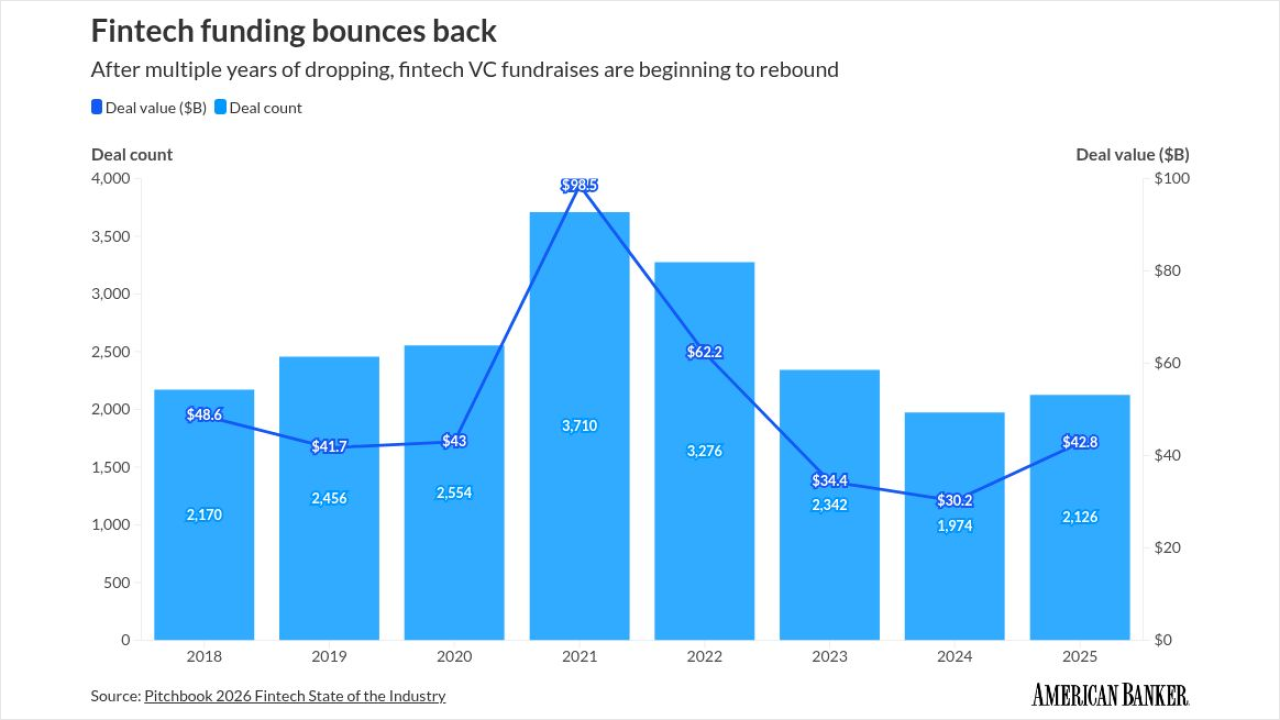NEW YORK - Decatur Federal Savings Bank, accused by the government in 1992 of lending discrimination, had no idea it was a target - even though the Justice Department spent four years investigating the institution.
Processing Content
"We were naive," said Marian Mackle, the Georgia bank's former senior vice president for risk management.
Ms. Mackle, speaking at the Strategic Research Institute's bank compliance conference here last week, said Decatur ended up educating the Department of Justice on the business of banking.
"We taught the DOJ about the mortgage lending process," said Ms. Mackle, who is now executive vice president of Nova Financial, an Atlanta consulting firm.
Just when someone in the bank would start to get suspicious about Justice's motives, she said, the agency would disappear for a while.
The bank's cooperativeness was probably one of the reasons Justice chose Decatur in the first place, said Ms. Mackle.
Other factors, she said, were probably that Decatur was one of the largest institutions in the Atlanta area and had a high disparity ratio. Other banks were passed over by Justice because they didn't have enough black applicants to provide a valid sampling, Ms. Mackle concluded.
At the time of the investigation, Decatur had a good reputation with its regulator, the Office of Thrift Supervision, as well as with area community groups. Regulators had even lauded Decatur for having the fewest consumer complaints in the area, Ms. Mackle said.
"Decatur Federal was not the Darth Vader of the mortgage lending business," Ms. Mackle said.
A consent decree with the Justice Department required Decatur to provide $1 million to 48 black people whose home mortgage applications were rejected between 1988 and 1992.
The decree also included mandates to advertise in black-oriented newspapers, expand lending territory, and open a branch in a predominantly black section of Atlanta.
Ms. Mackle said that the suit made the bank recognize it could do better, but that some of Justice's demands didn't make business sense.
The panel's moderator, William Isaac, chairman of Secura Group and former chairman of the FDIC, expressed outrage.
"We've got the banking industry spending billions of dollars for something that never came through Congress, never came through the court system," Mr. Isaac said.
***
Matched-pair testers need to know what they're evaluating, according to Jeanine Catalano, principal of Secura Group*.
The quality of testers for lending discrimination is critical, she said, and that means they should know what's going on.
"I'm predicting this will be a huge, hot, difficult area - and one the industry will have to deal with - in the next few years," Ms. Catalano said at the conference.
The matched-pair testers hired by the Comptroller of the Currency's Office in July are briefed in advance on their mission, said Janis Smith, an OCC spokeswoman.
That pilot project, designed to test for discrimination before a loan application is made, will be wrapped up within a month, she said. OCC economists will then analyze the data, which will be released in March.
Ms. Catalano said bankers can stay one step ahead of the examiners. One simple step, she said, is for bankers to study their regulator's exam procedures so they know what to expect.
Another simple but often overlooked step is to prepare bank employees for exams. Do mock interviews with loan officers to get them ready, Ms. Catalano said. Preparation should include reviewing policies for marketing, underwriting, and servicing, she said.
Evaluation of marketing materials will be a key part of coming fair- lending exams, predicted Ms. Catalano. Bankers should analyze their products, pricing, distribution, promotion, and advertising, she said.
When the exam is taking place, Ms. Catalano advised, banks should co- manage the process. Bankers should require examiners to give periodic updates throughout the exam.
Examiners also should let bankers know which loans are being reviewed, Ms. Catalano said. "That way you can counter-argue,"
***
William P. Binzel, director of government relations at MasterCard International, told the conferees that banks should be analyzing credit card advertising for fair-lending violations.
Theoretically, credit cards should be the most neutral form of lending, because nothing is done face to face. But Mr. Binzel said that's no protection.
Banks should analyze their credit card advertising to make sure it doesn't exclude any group, and should confirm that marketing lists don't avoid certain areas or groups of people.
Applications should be reviewed to make sure only information that relates to creditworthiness is requested.





